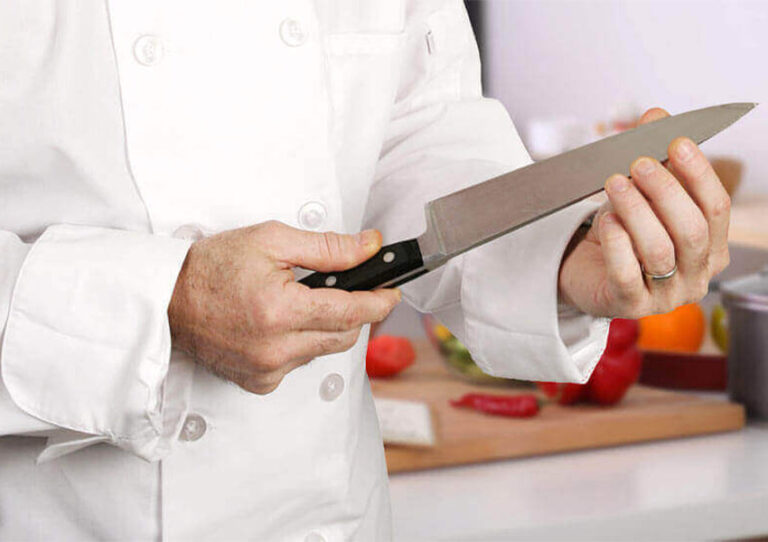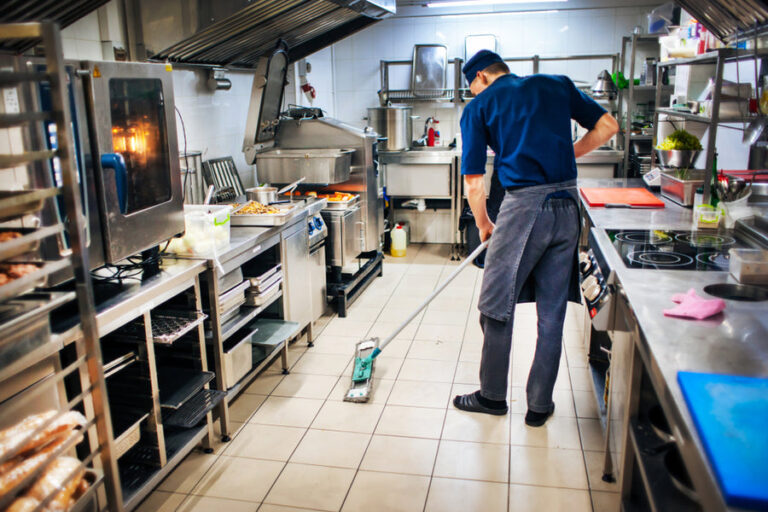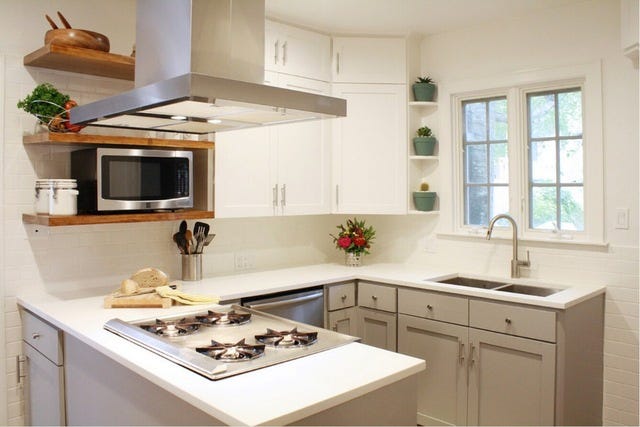How to prevent kitchen fires.(Your Best Guide)

Fires are devastating yet common events that happen unexpectedly and often have a great personal and financial cost. When a fire occurs, it spreads quickly and can engulf a home in as little as five minutes, and its heat and flames threaten the lives of everyone within its path.
And cooking is an essential part of daily life, but it also poses significant risks, particularly when it comes to kitchen fires. According to reports, cooking fires are the leading cause of home fires and home fire injuries. However, with proper precautions and awareness, kitchen fires can be prevented.
The kitchen is the nub of activity in every household. Whenever food is prepared there is always interest and curiosity. Those appetizing smells drifting through the house teasing your taste buds, playing havoc with the sensory cells in your nose. The smell of fried bacon, fresh coffee, baking bread all has a certain desire to want to consume food.
The kitchen although a place to socialize when food is being prepared it can also be a hotspot for accidents and fires!
Fires don’t usually start themselves, there is a reason why they happen, which we will explore in this article. Some precautions are obvious, which you probably adhere to, but some aren’t. Compared to other rooms in the house, the kitchen is where most fires breakout!
Cooking with gas is the preference of chefs and cooks as heat control is more responsive than electricity, as the flame performs better with different utensils. Staying safe is not just for the household cook, it’s for everyone in the family! In this comprehensive guide, you will explore effective strategies and tips to minimize the risk of kitchen fires and ensure a safe cooking environment.
What Causes Kitchen Fires?
Before delving into prevention methods, it’s essential for you to understand the common causes of kitchen fires. The primary causes include:
- Unattended Cooking
Leaving food unattended on the stove or in the oven is a recipe for disaster. A momentary distraction can quickly escalate into a fire. - Grease and Oil
Cooking with oil and grease increases the risk of fires, especially when oil is heated to its smoking point, leading to ignition.
- Flammable Objects
Placing flammable items such as kitchen towels, paper towels, or oven mitts too close to the stove can result in them catching fire. - Electrical Appliances
Malfunctioning or improperly used electrical appliances, such as toasters, microwaves, and coffee makers, can spark fires. - Combustible Materials
Cooking with combustible materials like alcohol-based cooking sprays or using damaged cookware can lead to fires.
Preventative Measures
Now that you’ve identified the common causes of kitchen fires, let’s explore proactive steps to prevent them: - Stay Alert
Never leave cooking food unattended. If you need to step away from the kitchen, turn off the stove or oven. - Cleanliness is Key
Keep the cooking area clean and free of grease buildup. Regularly clean the stove, oven, and exhaust hood to prevent grease fires. - Manage Oil and Grease
Use caution when heating oil and never leave it unattended. Keep a lid nearby to smother small grease fires, and never attempt to extinguish a grease fire with water. - Maintain Safe Distances
Keep flammable objects such as kitchen towels, pot holders, and curtains away from the stove. Maintain a clear zone of at least three feet around cooking appliances. - Use Appliances Safely
Follow manufacturer instructions when using electrical appliances. Inspect cords for damage, and never overload electrical outlets. - Install Smoke Alarms
Ensure your kitchen is equipped with working smoke alarms. Test them monthly and replace batteries as needed. - Invest in Fire Extinguishers
Keep a multipurpose fire extinguisher in or near the kitchen and familiarize yourself with its proper use. - Practice Safe Cooking Techniques
Use caution when frying, grilling, or broiling food, as these cooking methods pose a higher risk of fires. Use a timer to remind you of cooking times and check food regularly. - Educate Household Members
Teach family members, including children, about fire safety practices in the kitchen. Emphasize the importance of staying away from hot surfaces and never playing with matches or lighters. - Have an Escape Plan
In the event of a fire, have a clear evacuation plan in place. Identify multiple escape routes and designate a safe meeting point outside the home. - Seek Professional Help for Repairs and Maintenance. Regularly inspect your kitchen appliances, electrical wiring, and gas lines for signs of damage or wear. If you notice any issues, such as frayed cords or gas leaks, seek professional help for repairs and maintenance to prevent potential fire hazards.
You can also regularly inspect and service your appliances. Regular inspections of your appliances, whether you do it yourself or hire a professional, are also important to determine whether the items need servicing.
Completing an inspection yourself may save you some money, but it is a lengthy and involved process, and if you are not an expert you may miss some important details. One quick inspection you can easily do yourself is to examine electrical cords occasionally to make sure they’re not broken or frayed. If the cords are compromised, replace them.
Many kitchen fires are caused by a lack of care and attention to detail, with devastating consequences. You are using heat and fire when cooking, both are hazardous if not treated with respect. The kitchen is a creative area for your culinary delights so cook safely, be safe and protect others.
Preventing kitchen fires requires vigilance, awareness, and adherence to safety protocols. By implementing the strategies outlined in this guide and fostering a culture of safety in the kitchen, you can significantly reduce the risk of fires and protect your home and loved ones. Remember, when it comes to fire safety, an ounce of prevention is worth a pound of cure.





